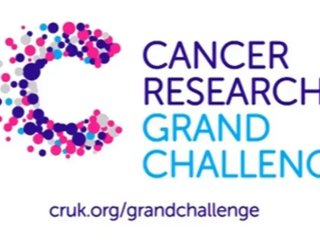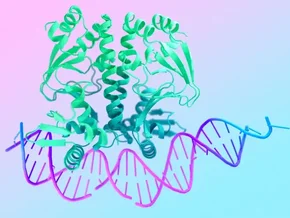How Cambridge University's Virtual Reality won first place on Cancer Research UK Grand Challenge Awards

Technology has always played a huge and determining role in medicine and it was just a matter of time so it could take advantage of Virtual Reality and 3D visualization. And that’s exactly what Cambridge University researchers are diving themselves into, and the goal is to use it on cancer diagnostics and treatment.
Cambridge University will use a multimillion dollars grant received after the University took first place on the first Cancer Research UK Grand Challenge Awards, promoted by Cancer Research UK.
Lead by Professor Greg Hannon, the team will work with researchers from United States, Canada, Switzerland, and Ireland; building 3D versions of (initially) breast tumors so it can be analyzed using VR. These teams bring together a variety of crucial expertise ranging from astronomy to DNA sequencing, virtual reality to molecular biology, and statistics to medicine. This process would allow researchers to study each cell and every aspects of tumors as never before seeing.
To fully understand cancer, scientists need to know everything about a tumor – what type of cells are in it, how many there are, what they are doing and where they’re located in the tumor. According to Cancer Research UK, having such a detailed picture of a tumor would allow scientists and doctors to develop new ways to diagnose and treat the disease, and new ways to stop it spreading and coming back.
“We want to create an interactive, faithful, 3D map of tumors that can be studied in virtual reality that scientists ca ‘walk into’ and look at it in great detail,” said the professor in a Cambridge news post.
“I think this is the very cutting edge of how people will in the future understand not only cancer but organismal development,” declared the professor in a University’s video. “All sorts of biological problems happen in 3D, and they happen in 3D with cells communicating with each other in ways that we really don’t yet capture with any technology that we’ve developed so far.”






